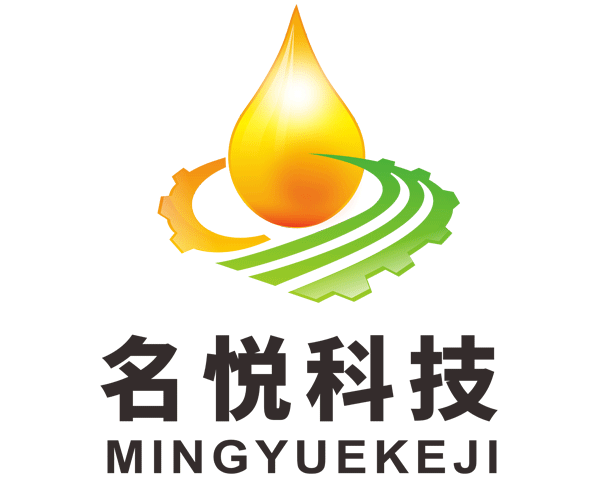Lube base oil is mainly divided into mineral base oil, synthetic base oil and biological base oil. Mineral base oil is widely used with a large amount (about 95%), but in some applications, the products prepared by synthetic base oil and biological base oil must be used, so these two base oils have developed rapidly.
Mineral oil base oil is refined from crude oil. The main production processes of lube base oil include atmospheric and vacuum distillation, solvent deasphalting, solvent refining, solvent dewaxing, clay or hydrotreating. In 1995, China's current lube base oil standard was revised, the classification method was mainly modified, and two special base oil standards of low pour point and deep refining were added. For the production of mineral lubricating oil, it is important to select crude oil.

The chemical composition of mineral base oil includes high boiling point, high molecular weight hydrocarbon and non hydrocarbon mixture. Its composition is generally alkanes (straight chain, branched chain and multi branched chain), cycloalkanes (monocyclic, bicyclic and polycyclic), aromatics (monocyclic aromatics and polycyclic aromatics), cycloalkyl aromatics, oxygen-containing, nitrogen-containing and sulfur-containing organic compounds, colloids, asphaltenes and other non hydrocarbon compounds. Bio base oil (vegetable oil) is becoming more and more popular. It can degrade and quickly reduce environmental pollution. Nowadays, all industrial enterprises in the world are seeking measures to reduce environmental pollution, and this "natural" lubricating oil has this characteristic. Although the cost of vegetable oil is high, the increased cost is enough to offset the environmental treatment cost caused by the use of other mineral oil and synthetic lubricating oil. According to the properties and processing technology of crude oil, it is divided into paraffin base oil, intermediate base oil and naphthenic base oil.